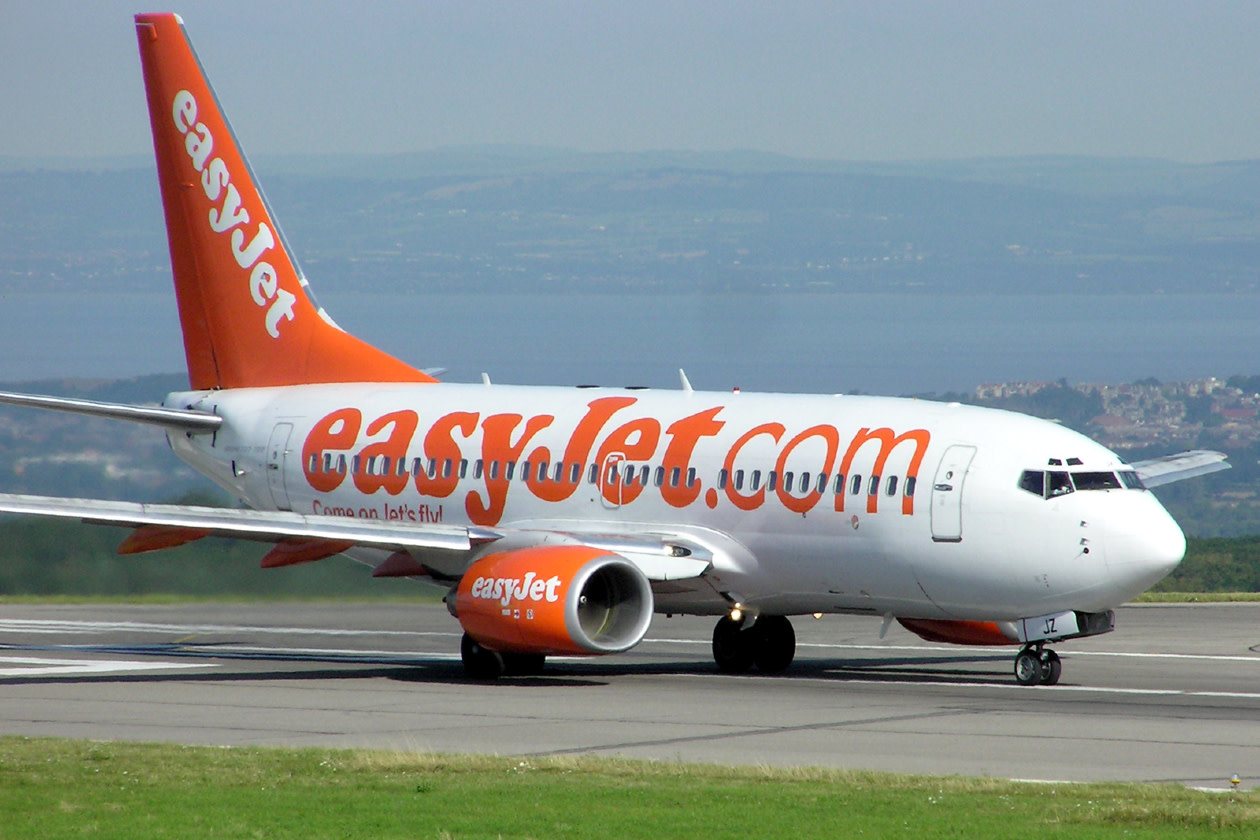easyJet’s first half revenue rose 22% to £3.3bn, reflecting increased airline capacity, increased prices and higher revenue from additional products, especially the package holiday business. Airline revenue per seat (RPS) was up 5% and passenger numbers rose 11% to 36.7mn.
The increased capacity and higher fuel prices contributed to headline costs rising 17%. Despite this, pre-tax losses were £61mn lower, coming in at £350mn. The group generated free cash flow of £227mn, while the net debt position swung to net cash of £146mn, as at the end of the period.
The RPS outlook is slightly softer than previously thought, but capacity is still expected to rise 8% in the second half.
CEO of seven years, Johan Lundgren is stepping down. The current CFO will be taking over the role, with the handover happening in early 2025.
The shares fell 7.1% following the announcement.
Our view
The market has taken a dim view of half year results. Firstly, the news that Johan Lundgren is stepping down after seven years in the captain’s seat has increased uncertainty. It’s true Lundgren has navigated easyJet to prosperity, but this is a natural time for him to step away. The fact that his successor is already decided, in the form of the current CFO, helps to limit transition risk.
There’s also the slight softness in commentary about bookings and revenue per seat in the short-term. While this does need monitoring, we continue to view easyJet’s results as robust.
Overall, travel remains important for consumers. That's a rising tide that lifts all ships. There are some easyJet-specific elements to the success story too. The group is particularly successful at selling extras to existing passengers. So-called ancillary revenues are things like extra baggage, legroom and food. This is a growing, and highly lucrative area, and the growth has been impressive. easyJet is also targeting a higher share of sunseeker's budgets through its holidays division. We're impressed with the step change in profitability here and see potential for more growth.
easyJet's ability to sell these add-ons and encourage strong demand stems from its route strategy. It focuses on profitable Western European routes within major airports. It's also invested heavily in bolstering its presence at these major airports and improving its routes. It's an approach that sets easyJet apart from other low-cost carriers - who trim costs by flying in and out of smaller, less convenient airports.
The group has substantial financial bandwidth to support the reinstatement of the dividends too. These could increase this year if all goes to plan, but as always, shareholder returns aren't guaranteed.
Something to consider is escalating geopolitical tension, which has the potential to escalate and impact bookings. This hasn't dented investor sentiment, but as with any situation like this, that can change at short notice. And as we’ve already mentioned, there remains uncertainty about the short-term demand. But crucially, we don’t view this as a cliff-edge, but more of a potential for small downgrades.
We think easyJet is well-placed within its sector and comes with growth opportunities, that aren’t baked into the current valuation. There are some risks, especially in the short term, so be prepared for ups and downs.
An independent Non-Executive director of Hargreaves Lansdown plc is also an Independent Non-Executive Director of easyJet plc.
easyJet key facts
All ratios are sourced from Refinitiv, based on previous day’s closing values. Please remember yields are variable and not a reliable indicator of future income. Keep in mind key figures shouldn’t be looked at on their own – it’s important to understand the big picture.
This article is not advice or a recommendation to buy, sell or hold any investment.No view is given on the present or future value or price of any investment, and investors should form their own view on any proposed investment.This article has not been prepared in accordance with legal requirements designed to promote the independence of investment research and is considered a marketing communication.Non - independent research is not subject to FCA rules prohibiting dealing ahead of research, however HL has put controls in place(including dealing restrictions, physical and information barriers) to manage potential conflicts of interest presented by such dealing.Please see our full non - independent research disclosure for more information.


